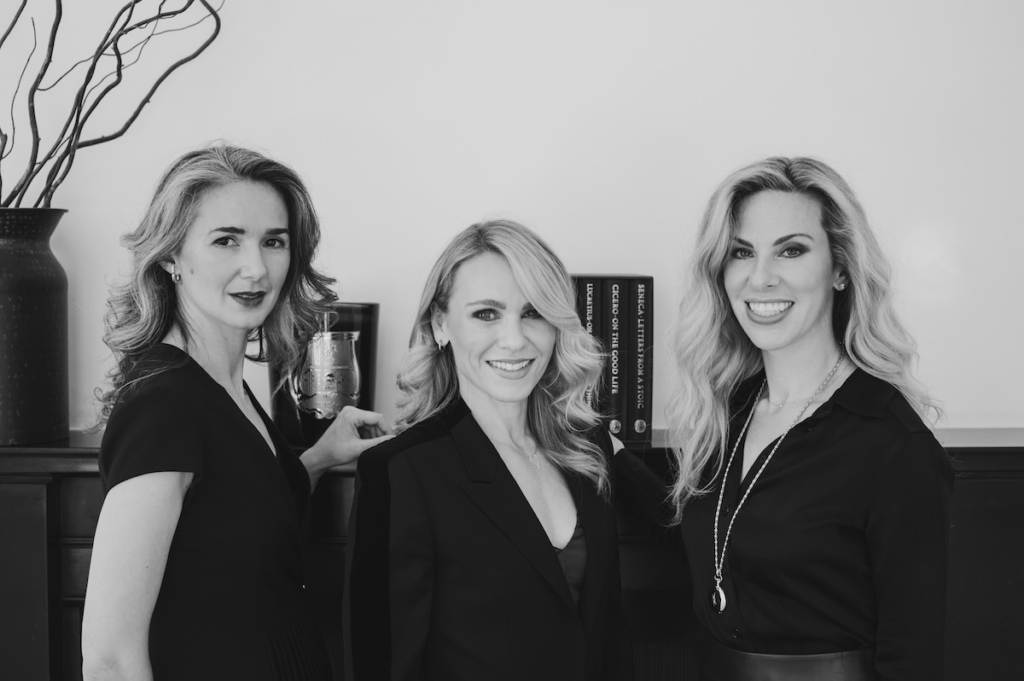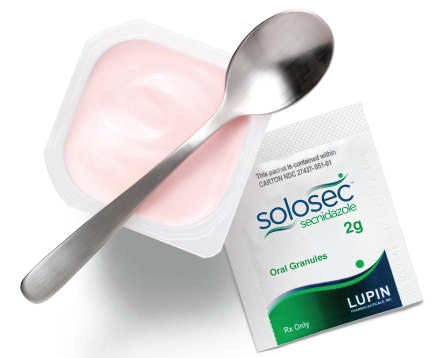
UK-based VC firm THENA Capital has recently reached another milestone with a second close, bringing total commitments to almost £34M of its £50M fund targeting early-stage UK medtech companies. What sets the fund apart isn’t just its all-female general partner team – it’s their deep understanding of the challenges international founders face when expanding to the United States.
The fund, led by Tatum Getty, Pamela Walker Geddes, and Esther Reynal de St Michel Richardot, focuses on transforming the patient experience through digital health applications and fast-track medical devices. But their real competitive advantage lies in helping UK founders navigate the complex transition from the NHS-focused British market to the fragmented American healthcare system.
The US Expansion Knowledge Gap
Getty, who spent years in the American healthcare and wellness sectors before moving to London, identifies a fundamental knowledge gap that often trips up British founders attempting US market entry.
“The healthcare systems are fundamentally different, and the fragmentation that exists in the US is difficult to understand without direct experience,” Getty explains. “Many founders don’t realize that most Americans don’t access healthcare through general practitioners the way they do in the UK.”
This disconnect creates real business model challenges. “We often see founders planning to sell through GPs, but that distribution model simply doesn’t translate to the American market.”
The problem extends beyond distribution channels to fundamental market dynamics. “UK founders are often conditioned to view the NHS pathway as the primary route to market. However, over-reliance on that approach makes US market translation extremely challenging.”
THENA’s approach addresses these gaps through comprehensive market education and connections. “Success requires understanding the complex payer-provider-reimbursement model, plus state and federal regulatory requirements. It’s about strategic relationship building rather than applying a one-size-fits-all approach.”
Investment Thesis: Beyond the Device
The fund targets what Getty defines as “medtech” – both digital applications and devices, specifically fast-track devices that combine hardware with digital connectivity. Their investment range spans seed to Series A, with first checks typically at seed stage, focusing exclusively on UK-based companies with global ambitions.
But technology alone isn’t enough. THENA’s overarching thesis centers on “transforming the patient experience,” requiring portfolio companies to have clear consumer or patient touchpoints.
“Our impact thesis requires direct patient experience transformation,” Getty explains. “We prioritize innovations that meaningfully improve how patients interact with healthcare rather than optimizing backend processes they never see.”
The fund organizes investments around three pillars: Patient support, care delivery, and medical products, with particular interest in women’s health, oncology, and mental health.
The Gender-Smart Investment Strategy
What THENA calls their “gender-smart investment strategy” goes beyond simply backing female founders – though representation matters. The approach examines how portfolio companies build teams, develop products, and serve markets through a gender-informed lens.
“Our investment decisions are based on company quality rather than founder demographics,” Getty clarifies. “When evaluating similar opportunities, we select the stronger business model and execution capability.”
Instead, the gender-smart approach evaluates team dynamics, compensation structures, and product development processes. “We assess how teams respond to diverse leadership perspectives and examine their approach to building inclusive organizations with equitable compensation structures.”
The product development lens proves particularly relevant in healthcare. “Women make 70 to 80% of healthcare purchasing decisions, so companies that don’t consider female decision-making patterns are fundamentally underserving their market opportunity,” Getty notes.
Strategic Partnership Formation
The three founding partners bring complementary expertise: Getty’s consumer and wellness background, Walker Geddes’s PhD in medical sciences and pharmaceutical experience, and Reynal de St Michel Richardot’s background. Their collaboration emerged organically through professional networks and shared vision for healthcare innovation.
The partnership combines deep healthcare knowledge with proven go-to-market expertise, creating what Getty describes as a “value-add fund focused on growth strategy and commercialization support.”
Early Portfolio Validation
THENA’s first investment from their new fund, Plexāā’s $4.5M extension round, demonstrates their thesis in action. The company’s BLOOM⁴³ device addresses breast surgery complications – a clear patient experience improvement with significant market opportunity in both UK and US markets.
“Plexāā represents exactly the type of innovation we target – solving critical challenges across the surgical pathway while reducing post-operative complications for patients,” Getty says.
The investment reflects THENA’s focus on innovations that combine medical devices with digital applications while addressing women’s health challenges that have historically received insufficient attention and funding.
Market Opportunity and Barriers
THENA Capital‘s launch addresses multiple market gaps simultaneously. Early-stage medtech funding remains challenging in the UK, while women’s health startups continue receiving disproportionately less investment despite growing market demand.
The fund’s all-female leadership also challenges venture capital demographics, where women remain significantly underrepresented both as general partners and startup founders receiving funding.
“If you can’t see it, you can’t be it. If you can’t dream it, you can’t do it,” Getty noted at the fund’s announcement a few months ago. “I hope we inspire others to follow suit and join us in breaking the barriers and redefining the image of a venture capitalist.”



